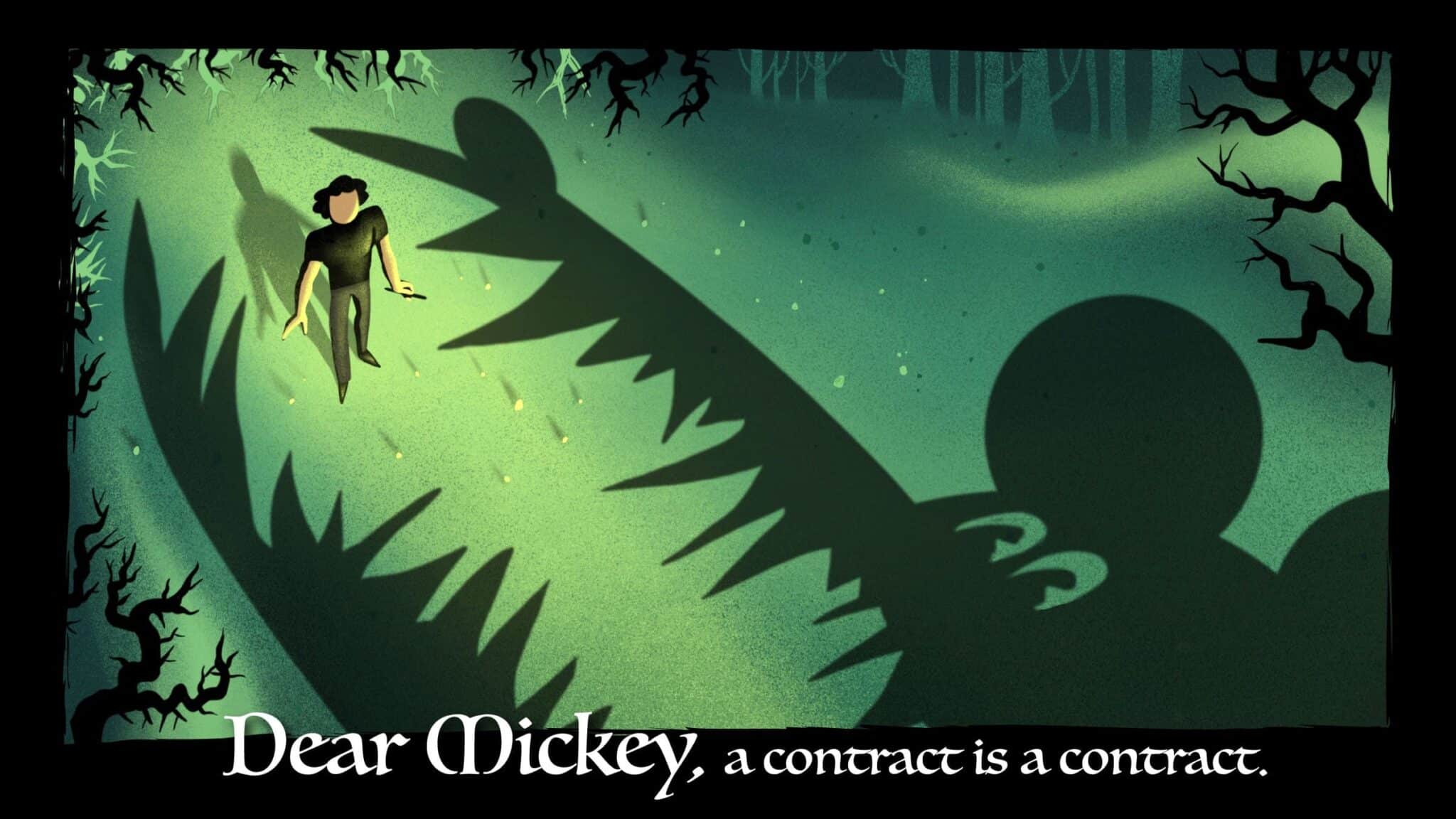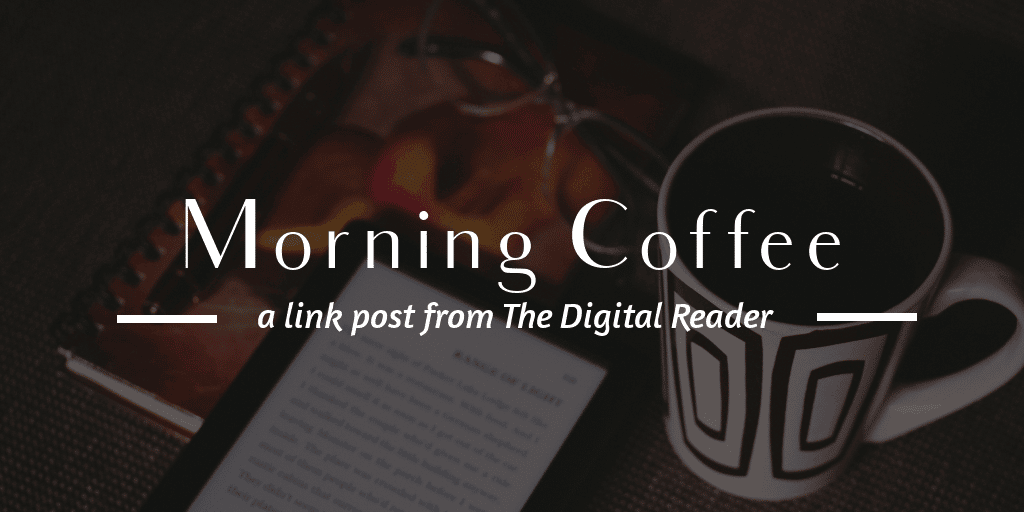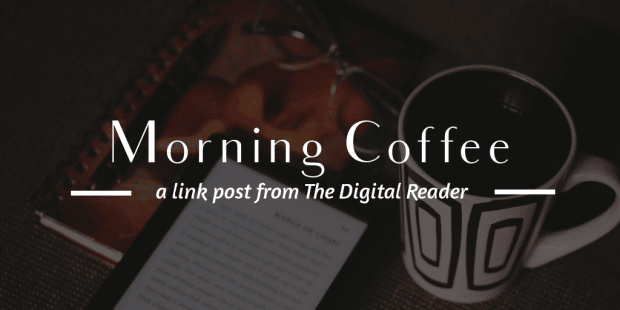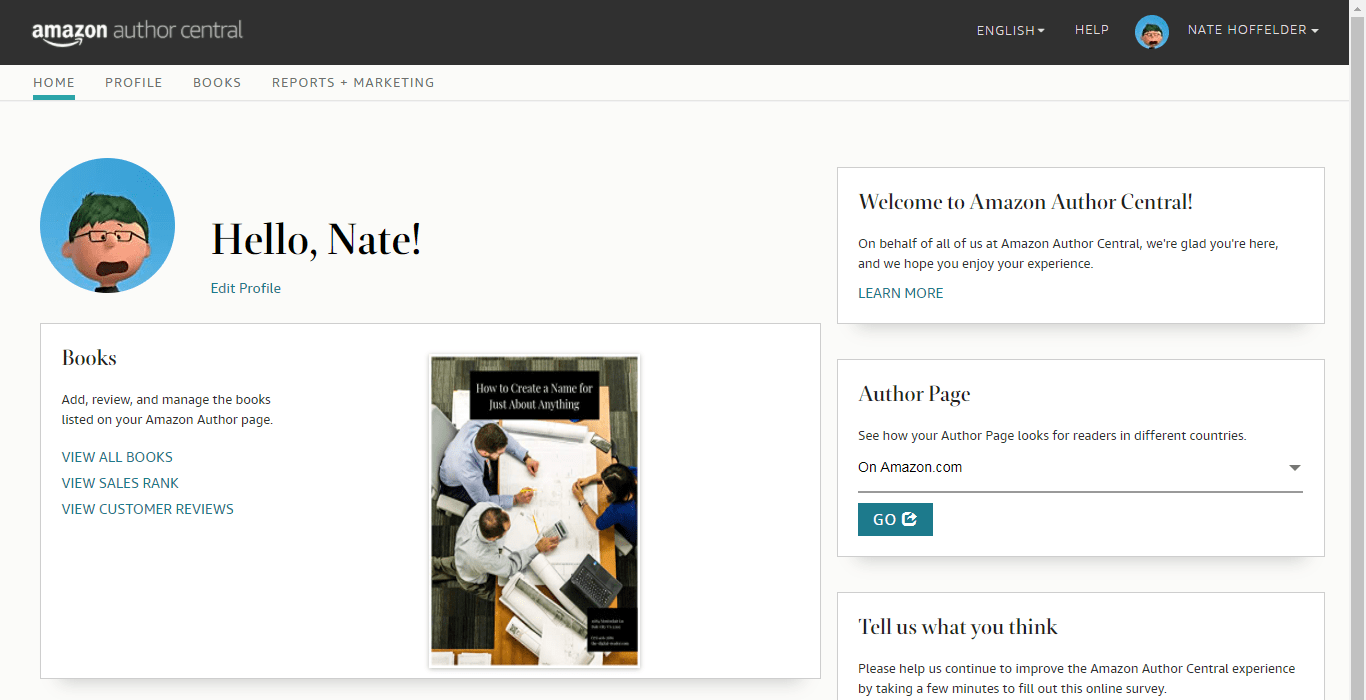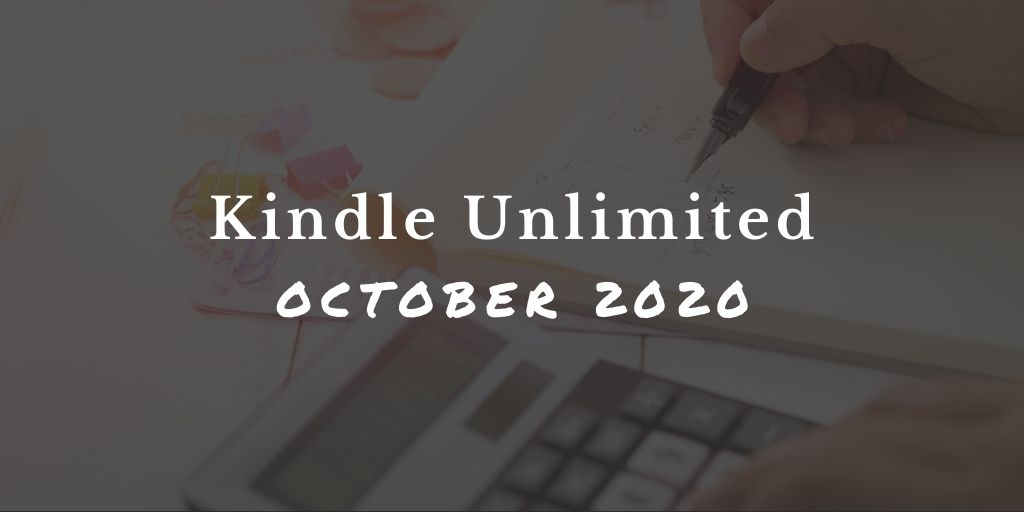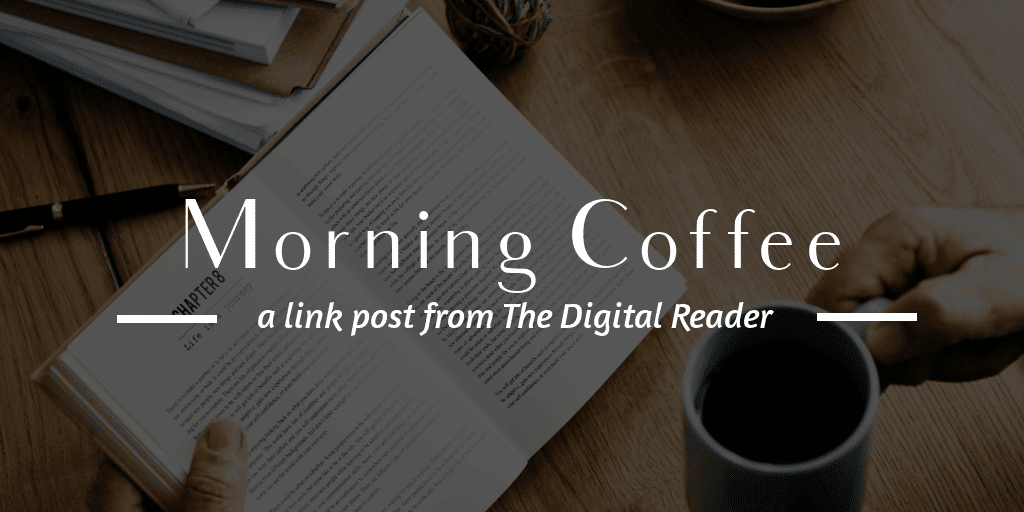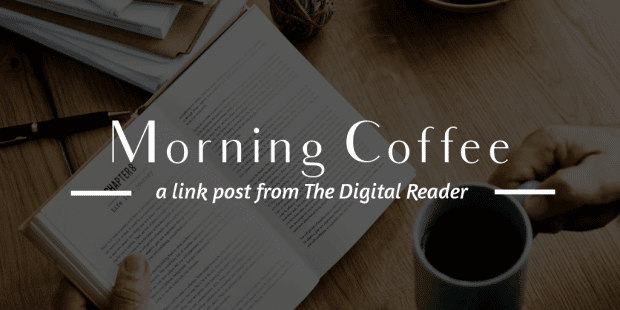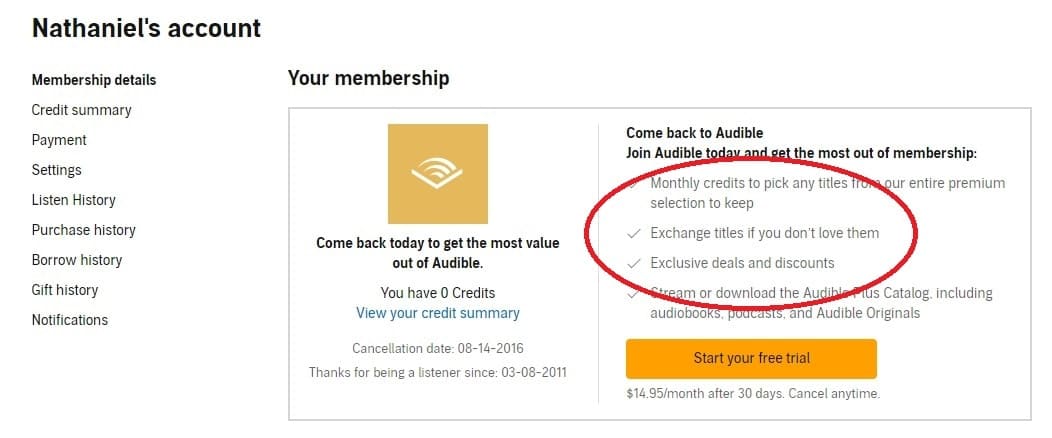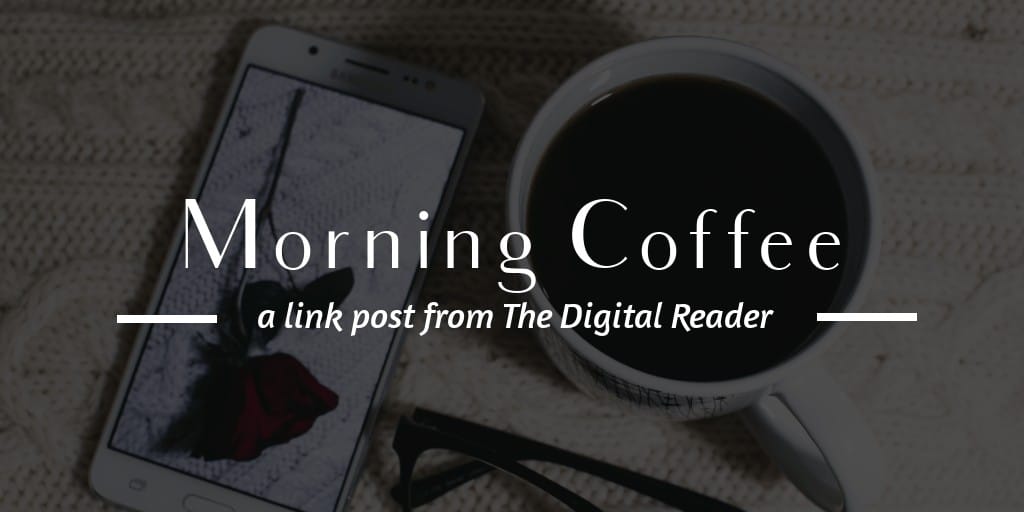When I reported a few weeks ago that Audible was actively promoting returns as a benefit of subscribing, I apparently missed the bigger picture.
It’s not just that Audible is actively promoting returns, but also that, unlike in the KDP dashboard, Audible is not making it clear to rightsholders just how many audiobooks are being returned.
This ongoing issue, combined with Audible’s continued refusal to correct the problem or even to address it, has forced ALLi to recommend that authors should avoid Audible:
The Alliance of Independent Authors has today downgraded Amazon ACX’s rating as a self-publishing service from “Approved“ (via “Pending” during investigation) to “Caution”. The change arises from concerns about income loss from Amazon Audible’s refund and exchange policies, and deteriorating customer service to authors and narrators.
ALLi now has reason to believe that Amazon Audible’s refund and return policies are resulting in unknown numbers of audiobook authors and narrators around the world being deprived of income.
Audible’s payment process, which encourages subscribers to “return” or “exchange” audiobooks for up to a year without compunction, has long been of concern to ALLi and independent authors who self-publish audiobooks. Free return and exchange is being used as a highly effective promotional tool for Audible, as it provides a nice perk to listeners, but evidence is emerging that whenever an audiobook is returned or exchanged, Audible claws back payment from the audiobook’s creators, without their consent, or even their knowledge.
On a related note, The Authors Guild, RWA, ALLi, SFWA, Novelists Inc., and Dramatists Guild have jointly published an open letter to Audible’s CEO Bob Carrigan and General Counsel Stas Zakharenko, demanding that Audible end its practice of encouraging easy returns and exchanges. "This is not an exchange policy, but an unauthorized audiobook rental arrangement supported by authors’ reversed royalties, and it must stop." You can add your name to the letter here.
And they are right. The thing about this "return" policy is that it costs Amazon nothing while costing creators everything.
The thing is, Amazon doesn’t sell audiobooks as a subscription. They sell credits, so when an audiobook is "returned", they give a credit back to the subscriber. Amazon then claws a royalty back from rightsholders while at the same time keeping the money they were paid for the credit.
This is different from when a Kindle ebook is returned, obviously, and that difference is why the burden for an audiobook return is born entirely by rightsholders.
That burden is a fundamental imbalance in Amazon’s relationship with rightsholders, and the organizations I named above are absolutely right to insist that Amazon correct this situation.



